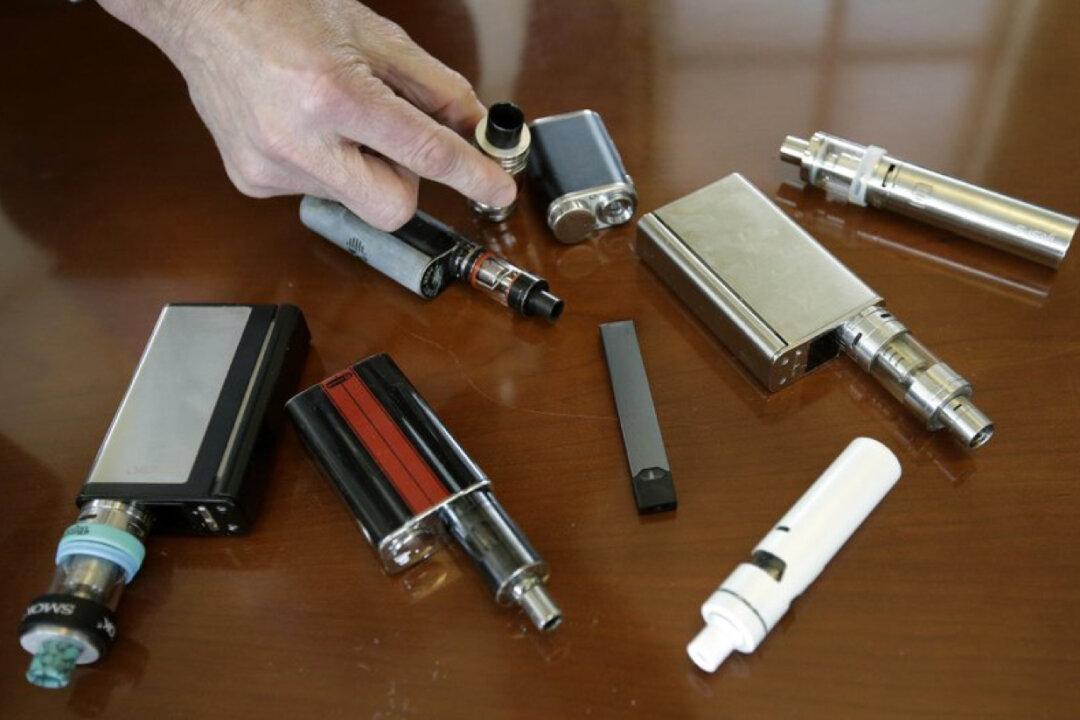A 17-year-old Michigan boy was forced to undergo a double lung transplant and faced “imminent death” after sustaining severe injuries from vaping, a Detroit hospital said on Tuesday.
The unnamed boy was first admitted to a local hospital on Sep. 5 with what was initially believed to be pneumonia, doctors at Henry Ford Health System in Detroit said in a press conference.




